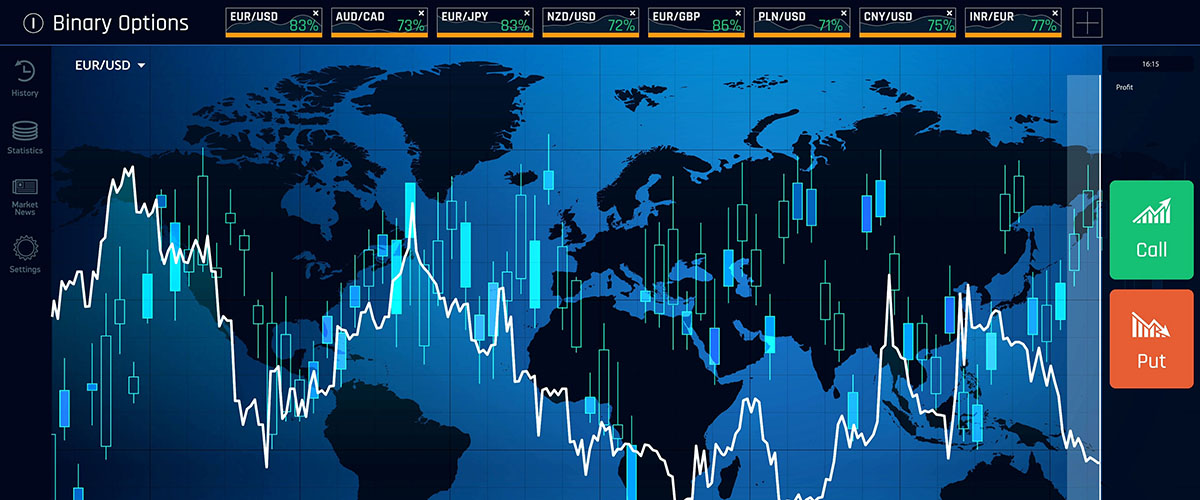Options and Futures

Introduction to Options and Futures
Options and futures are both financial derivatives, which means they are financial instruments in the form of a contract that derive their value from an underlying asset, such as a stock, a commodity or a currency. They are commonly used to speculate on the future price of an asset or as a way to hedge against potential price movements.
What is an Option
Options are contracts that give the holder the right, but not the obligation, to buy or sell an underlying asset at a specific price, which is known as the strike price, on or before a specific date, which is known as the expiration date. There are two types of options, call options and put options. A call option gives the holder the right to buy an underlying asset at a specific price while a put option gives the holder the right to sell an underlying asset at a specific price.
How Does an Options Contract Work
The price of an option is made up of two parts, the intrinsic value and the time value. The intrinsic value is the difference between the current market price of the underlying asset and the strike price, while the time value is the amount that the option is worth due to the potential for the underlying asset's price to change before the expiration date. The time value decreases as the expiration date approaches and the option becomes worthless if the intrinsic value is zero or negative.
When to Trade Options
Options can be used for a variety of purposes, such as speculating on the future price of an asset, hedging against potential price movements or generating income through the sale of options. For example, an investor who believes the price of a stock will increase may buy a call option while an investor who believes that the price will decrease may buy a put option. Additionally, an investor who owns a stock may purchase a put option as a way to hedge against a potential decline in the stock's price.
What is a Future
Futures are contracts that obligate the holder to buy or sell an underlying asset at a specific price on a specific date in the future. Like options, futures are used to speculate on the future price of an asset, but unlike options, the holder of a futures contract is obligated to fulfill the contract. Futures contracts are traded on exchanges and the buyer and seller of a contract are required to put up a margin, or a good faith deposit, to ensure that they are able to fulfill the contract.
How Does a Futures Contract Work
The price of a futures contract is determined by the supply and demand for the underlying asset, and the price can fluctuate based on a variety of factors such as changes in interest rates, economic conditions, and political events.
When to Trade Futures
Futures contracts are commonly used by businesses and investors to hedge against potential price movements. For example, a farmer who is concerned about the price of wheat may sell a futures contract to lock in a specific price for their crop, while an airline can use futures to hedge against the risk of rising fuel prices.
In conclusion, options and futures are financial derivatives that derive their value from an underlying asset. Options give the holder the right, but not the obligation, to buy or sell an underlying asset at a specific price on or before a specific date, while futures obligate the holder to buy or sell an underlying asset at a specific price on a specific date in the future. Both options and futures can be used to speculate on the future price of an asset or to hedge against potential price movements. Both options and futures are complex financial products and require a thorough understanding of the underlying asset, the markets and the risks involved before entering into any such contracts.


